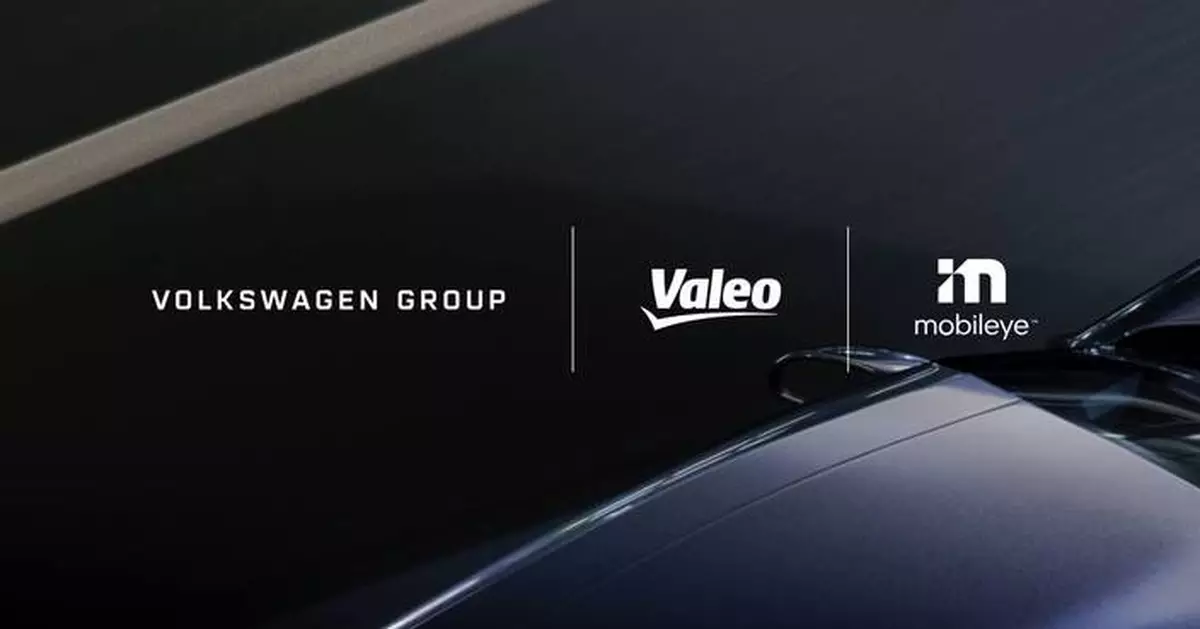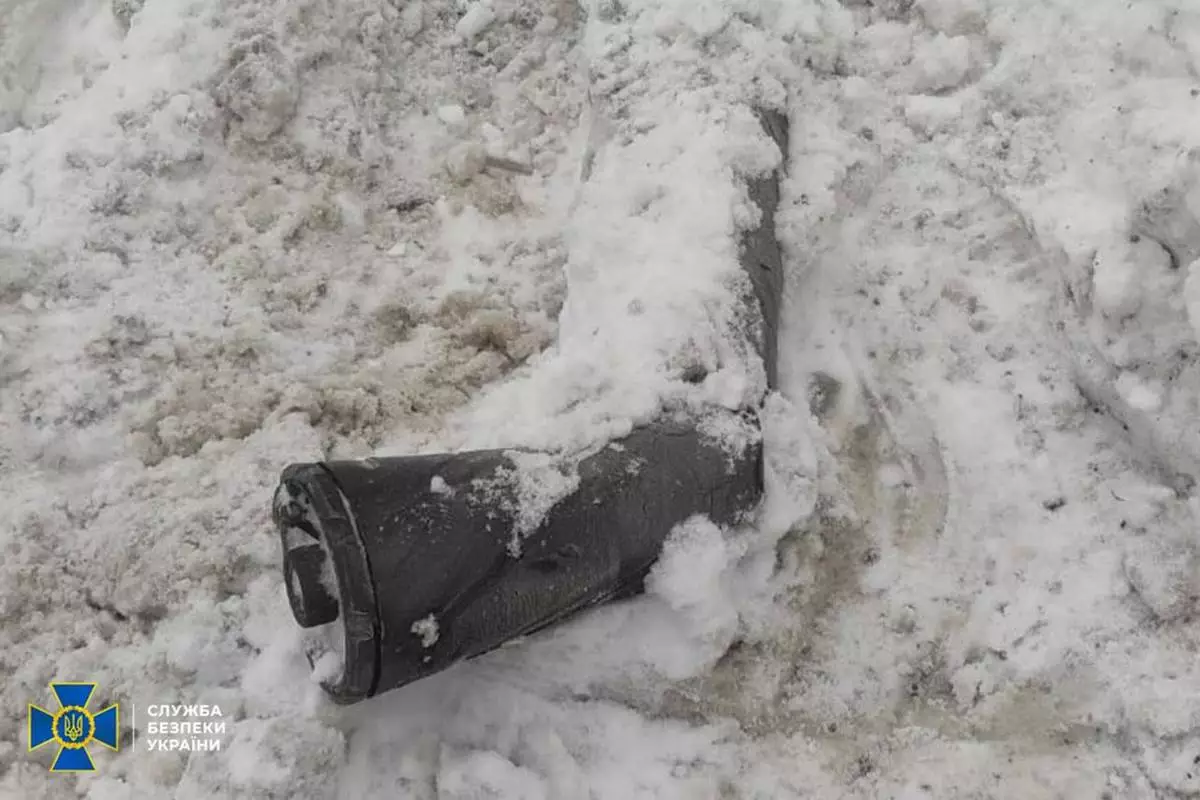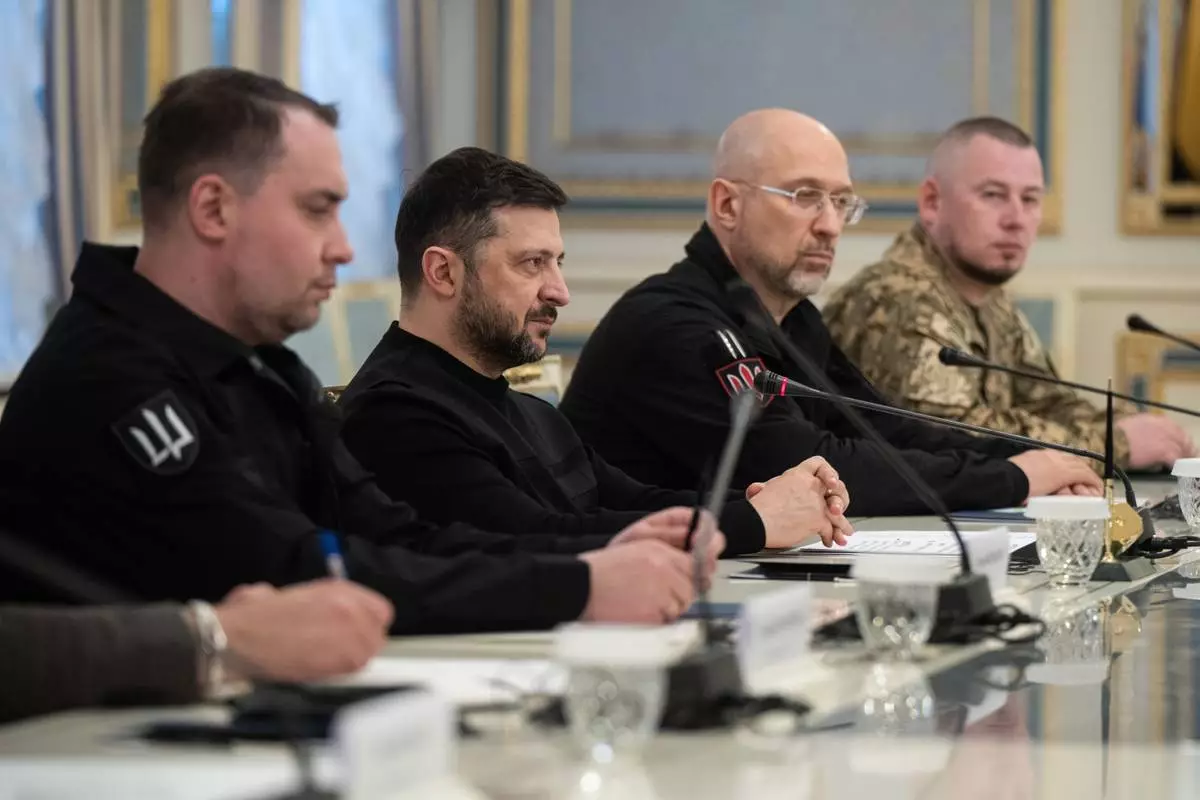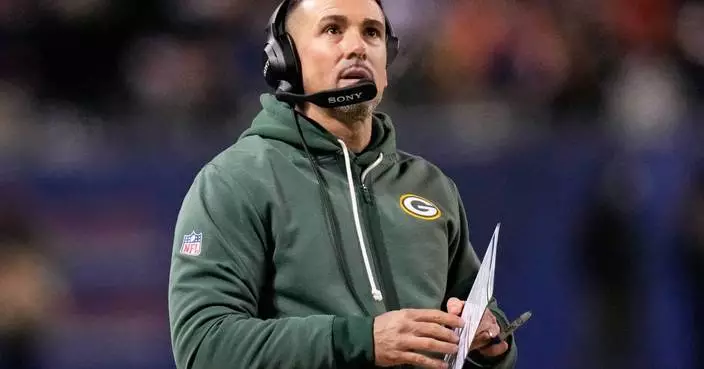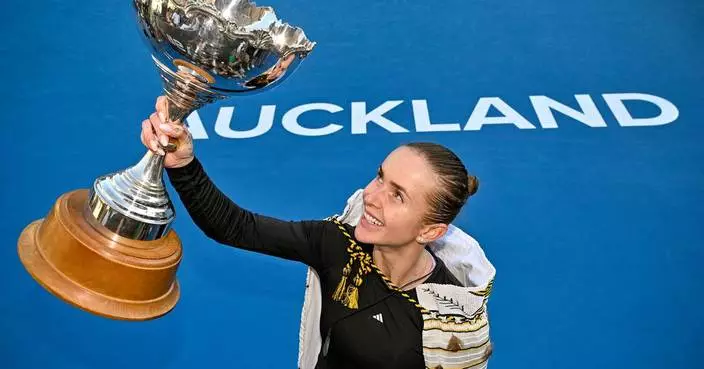WOLFSBURG, Germany & JERUSALEM & PARIS--(BUSINESS WIRE)--Mar 25, 2025--
Volkswagen Group is working with Valeo and Mobileye to upgrade the advanced driver assistance systems up to Level 2+ (“enhanced partially automated driving”) in its upcoming vehicle portfolio based on the MQB platform. Launching in the next few years, this cooperation will improve safety and driving comfort in high-volume vehicles, addressing both customer expectations and regulatory requirements.
This press release features multimedia. View the full release here: https://www.businesswire.com/news/home/20250325025714/en/
“This cooperation supports us on our road to transformation: by sourcing hardware and software together, we streamline procurement, reduce complexity, and improve efficiency. It also empowers our performance program by enhancing technology while keeping costs competitive, ensuring high-quality solutions for our customers,” says Dirk Große-Loheide, Member of the Board of Management of the Volkswagen Brand responsible for Procurement and Member of Volkswagen AG’s Extended Executive Committee.
Beyond hands-free driving in specific conditions on approved highway sections, the system will offer features like traffic jam assist, hazard detection, parking assist, driver monitoring, and 360-degree emergency assist, with future-ready capabilities such as augmented reality displays.
With this cooperation and streamlined procurement across multiple brands, Volkswagen Group is advancing vehicle safety and automation while ensuring efficient development and cost-effective solutions for its customers.
Improved assistance systems
The new system features a 360-degree ring of multiple cameras and radars, along with software-defined capabilities, enabling hands-free driving on approved roads, smart parking, and improved occupant and pedestrian safety.
Valeo provides high-performance ECUs, sensors, and parking solutions, while Mobileye contributes its Surround ADAS™ platform, including the EyeQ™6 High processor and mapping technologies. For the first time, these elements are integrated into a single system, replacing multiple ECUs with a centralized unit. This improves efficiency, system performance, and allows for over-the-air updates to meet evolving safety standards.
“At Valeo, we are committed to advancing innovation in driver assistance technology. We are excited to embark on a new journey and to offer to Volkswagen, together with Mobileye, this complete solution of affordable, state-of-the-art, advanced driving features for their end-users,” explains Marc Vrecko, CEO of Valeo Brain Division.
“Working with Valeo and Volkswagen Group, this software and hardware integrated approach puts AI innovations to work in the real world,” said Prof. Amnon Shashua, president and CEO of Mobileye. “By improving efficiency and costs while upgrading capabilities for safety and comfort in driver assist, this system points the way to a new class of driving technology.”
About the Volkswagen Group:
The Volkswagen Group is one of the world's leading car makers, headquartered in Wolfsburg, Germany. It operates globally, with 115 production facilities in 17 European countries and 10 countries in the Americas, Asia and Africa. With around 680,000 employees worldwide. The Group’s vehicles are sold in over 150 countries.
With an unrivalled portfolio of strong global brands, leading technologies at scale, innovative ideas to tap into future profit pools and an entrepreneurial leadership team, the Volkswagen Group is committed to shaping the future of mobility through investments in electric and autonomous driving vehicles, digitalization and sustainability.
In 2024, the total number of vehicles delivered to customers by the Group globally was 9.0 million (2023: 9.2 million). Group sales revenue in 2024 totaled EUR 324.7 billion (2023: EUR 322.3 billion). The operating result in 2024 amounted to EUR 19.1 billion (2023: EUR 22.5 billion).
About Mobileye:
Mobileye (Nasdaq: MBLY) leads the mobility revolution with our autonomous driving and driver-assistance technologies, harnessing world-renowned expertise in artificial intelligence, computer vision, mapping and integrated software and hardware. Since our founding in 1999, Mobileye has enabled the wide adoption of advanced driver-assistance systems that bolster driving safety, while pioneering such groundbreaking technologies as REM™ crowdsourced mapping, True Redundancy™ sensing, and Responsibility Sensitive Safety™ (RSS). These technologies drive the ADAS and AV fields towards the future of mobility – enabling self-driving vehicles and mobility solutions at scale, and powering industry-leading advanced driver-assistance systems. Through 2024, more than 200 million vehicles worldwide have been built with Mobileye’s EyeQ technology inside. Since 2022, Mobileye has been listed independently from Intel (Nasdaq: INTC), which retains majority ownership. For more information, visit https://www.mobileye.com.
“Mobileye,” the Mobileye logo and Mobileye product names are registered trademarks of Mobileye Global. All other marks are the property of their respective owners.
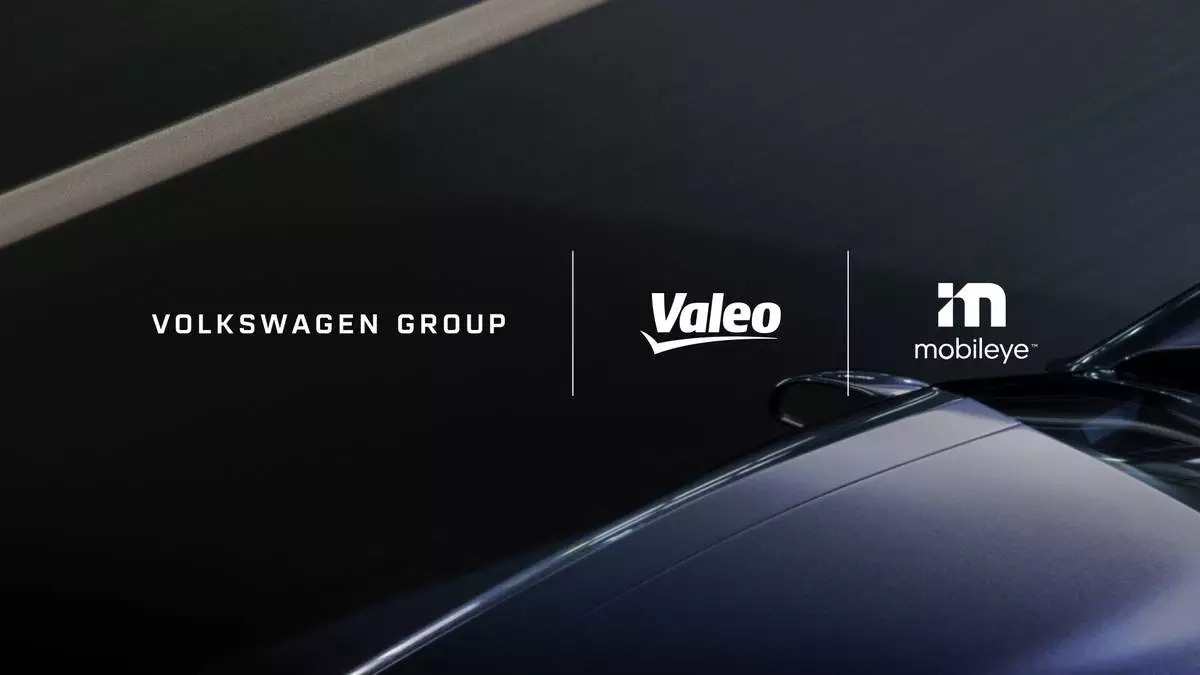

Volkswagen Group, Valeo and Mobileye collaborate on surround-sensing advanced driver assist.


